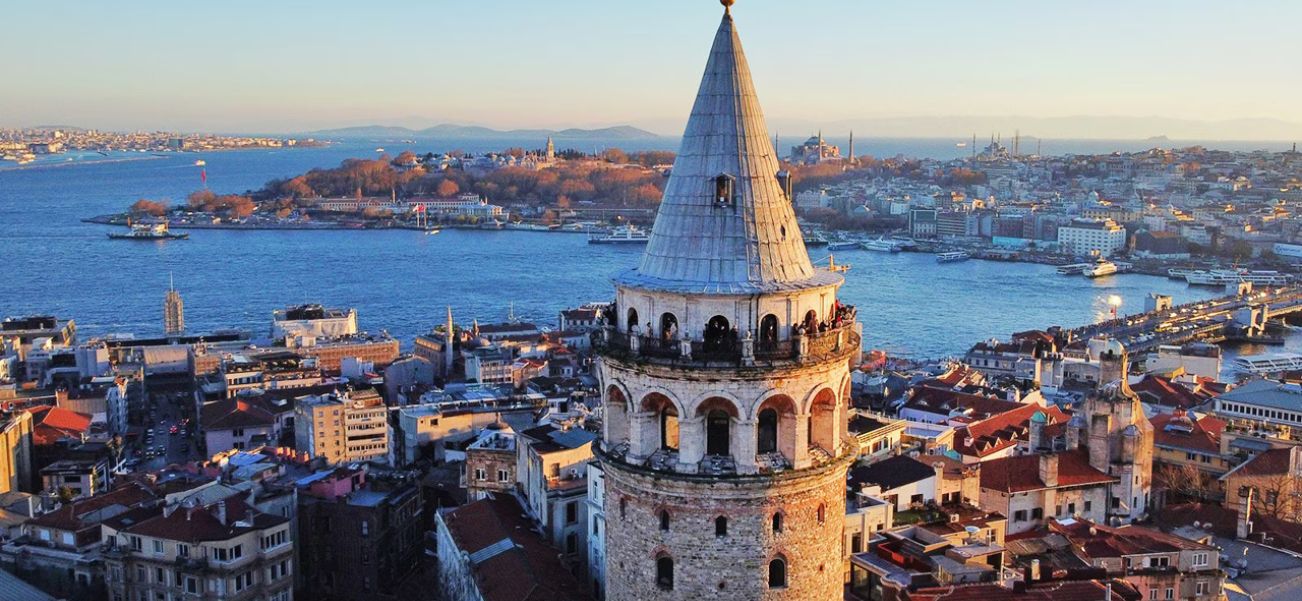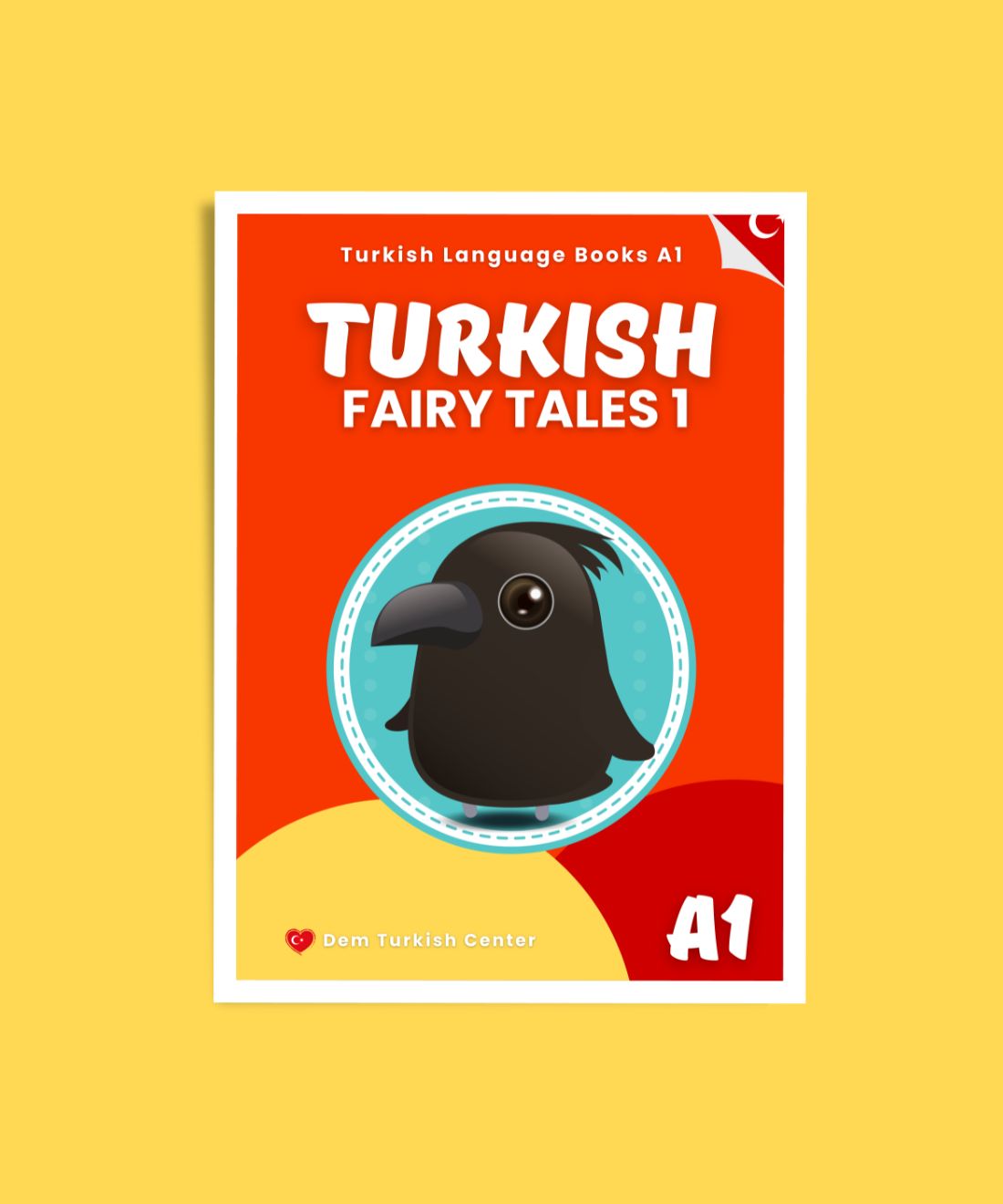
The Global Phenomenon of Turkish TV Series (Dizi): A Deep Dive into Their Rise, Appeal, and Future
Over the past two decades, Turkish TV series (dizi) have evolved from a local entertainment staple into a global cultural phenomenon. Broadcast in over 150 countries, these dramas have captivated audiences from Latin America to Southeast Asia, generating billions in revenue and reshaping international television trends.
But how did Turkish dizi achieve such worldwide dominance? What makes their storytelling unique? And what challenges does the industry face as it expands? This article explores the history, business model, cultural impact, and future of Turkish television.
THE GLOBAL PHENOMENON OF TURKISH TV DRAMAS
Listen to this podcast interview about "Turkish TV Series":
The Historical Rise of Turkish Dizi
Early Beginnings (1970s–1990s)
Turkish television drama began with state broadcaster TRT in the 1970s, producing family-oriented series with modest budgets. However, the industry remained small-scale compared to American soaps or Latin American telenovelas.
The Game-Changer: "Gümüş" (2005–2007)
The turning point came in 2005 with "Gümüş" ("Silver"), starring Kıvanç Tatlıtuğ and Songül Öden. This was the first Turkish drama to achieve massive success in the Arab world, particularly in Syria, Egypt, and Saudi Arabia. Its cinematic quality, emotional depth, and glamorous Istanbul setting set a new standard.
The Golden Age (2010s–Present)
Following "Gümüş", Turkish networks (Show TV, Kanal D, Star TV) invested heavily in high-budget productions. Landmark hits included:
- Aşk-ı Memnu ("Forbidden Love", 2008–2010) A tragic romance that became a Middle Eastern obsession.
- Fatmagül'ün Suçu Ne? ("What is Fatmagül’s Fault?"", 2010–2012) A feminist revenge drama that resonated globally.
- Diriliş: Ertuğrul (2014–2019) A historical epic that became a soft power tool for Turkey, especially in Muslim-majority nations.
By the 2020s, streaming platforms like Netflix and Disney+ began acquiring Turkish content, further expanding their reach.
What Makes Turkish Series Unique?
1. Epic Length & Slow-Burn Storytelling
Unlike American series (10–20 episodes per season), Turkish dramas often run for 100+ episodes, with each episode lasting 2–3 hours. This allows for:
- Deep character development
- Complex subplots
- Soap opera-style twists
Example "Kara Sevda" ("Endless Love") ran for 2 seasons (74 episodes), becoming the first Turkish series to win an International Emmy.
2. Family & Social Conflict
Most TV series revolve around:
- Forbidden love (e.g., "Aşk-ı Memnu")
- Class struggles (e.g., "Fatmagül")
- Family honor (e.g., "Kurt Seyit ve Şura")
These themes transcend cultural barriers, making them relatable worldwide.
3. Cultural Authenticity & Visual Grandeur
Turkish series showcase:
- Luxurious Istanbul lifestyles ("Kiralık Aşk")
- Rural Anatolian traditions ("Çukur")
- Ottoman-era history ("Muhteşem Yüzyıl")
The high production values (cinematic lighting, drone shots, elaborate costumes) rival Hollywood films.
4. Strong Female Leads
Unlike Western shows that often sideline women, Turkish dramas feature complex female protagonists:
- Fatmagül A rape survivor seeking justice.
- Şahika ("Şahsiyet") A middle-aged woman uncovering a conspiracy.
- Bihter ("Aşk-ı Memnu") A tragic heroine trapped in a forbidden affair.
5. Iconic Soundtracks
Many dizi theme songs become chart-topping hits in their own right.
Example "Çalıkuşu" ("The Wren")’s soundtrack dominated Middle Eastern radio.
The Global Domination of Turkish Dizi
Key Markets & Adaptations
- Middle East "Ertuğrul", "Aşk-ı Memnu" Dubbed versions broke ratings records in "Saudi Arabia, Egypt".
- Latin America "Fatmagül", "Kara Sevda" "Fatmagül" was remade in "Mexico" as "El Clon".
- South Asia "Aşk-ı Memnu" (Urdu dub) Highest-rated drama in Pakistan (2011).
- Balkans "Muhteşem Yüzyıl", "Kara Sevda" Huge in "Serbia", "Bulgaria", "Greece".
- Africa "Ertuğrul" Aired in "Nigeria", "Kenya", "South Africa".
Streaming Platforms & Western Appeal
- Netflix’s "The Protector" (2018) First Turkish original series on Netflix.
- Disney+’s "Atiye ("The Gift") A supernatural thriller that gained global traction.
- Amazon Prime’s "Yakamoz S-245 A sci-fi drama co-produced with Turkey.
The Business Side: How Turkish Dizi Makes Money
Revenue Streams
- Domestic Broadcasting (40%) Primetime ad slots are extremely lucrative.
- International Sales (40%) Dubbing/subtitling deals in 150+ countries.
- Product Placements (20%) Luxury cars, phones, and fashion brands pay millions for screen time.
Actor Salaries & Workload
Top stars (Burak Özçivit, Tuba Büyüküstün) earn $50,000–$100,000 per episode.
However, filming is grueling – 18-hour days, 6 days a week.Challenges in the Industry
- Burnout Many actors quit hit shows due to exhaustion.
- Piracy Illegal streaming cuts into profits.
- Censorship Government restrictions on LGBTQ+ and political themes.
The Future of Turkish TV Series
1. Shorter, Binge-Friendly Formats
Netflix’s "The Gift" ("Atiye") had only 8 episodes, a shift from traditional dizi. More limited series are in development.
2. Genre Expansion
- Thrillers ("Şahsiyet")
- Sci-fi ("Yakamoz S-245")
- Horror ("Dabbe")
3. Global Co-Productions
Turkey is partnering with Hollywood and European studios.
Example "The Ottoman Lieutenant" (2017), a US-Turkish historical film.
4. AI & Virtual Production
Some studios are testing AI-driven scripts and virtual sets to cut costs.
5 Must-Watch Turkish Series for New Viewers
- Aşk-ı Memnu Romantic Drama The definitive forbidden love story.
- Ezel Revenge Thriller A masterclass in storytelling.
- Şahsiyet ("Persona") Psychological Drama A feminist noir thriller.
- Kara Sevda Tragic Romance Emmy-winning epic love story.
- Çukur ("The Pit") Crime Saga Gritty, fast-paced family drama.
Conclusion: The Unstoppable Rise of Turkish Series
From humble beginnings in the 1970s to becoming a billion-dollar global industry, Turkish TV series have redefined international television. Their unique blend of family drama, cultural authenticity, and cinematic grandeur ensures their continued dominance.
As the industry evolves—embracing streaming, shorter formats, and new genres—one thing is clear: Turkish TV series are here to stay.
What’s your favorite Turkish series? Share your thoughts in the comments!














